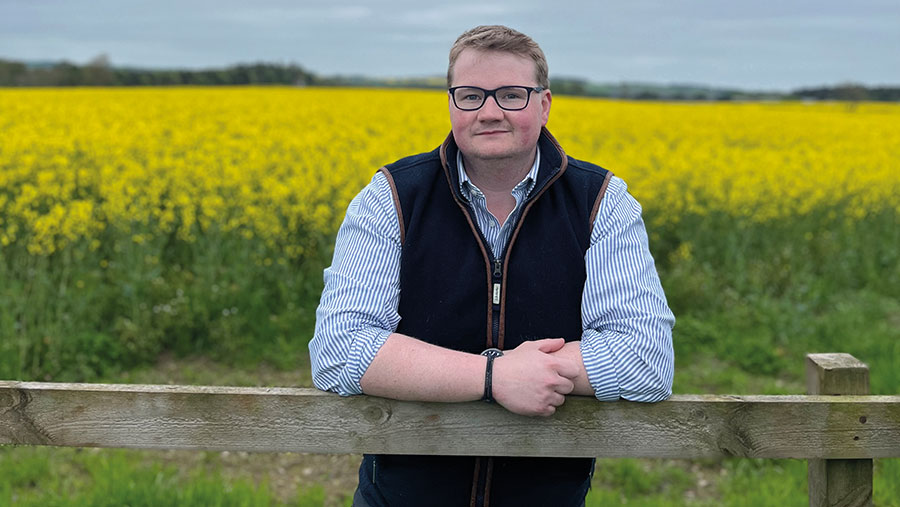Jack Frater: Scottish policy vacuum causing planning headaches
 © Jack Frater
© Jack Frater Agriculture is a devolved matter here in Scotland, so we are at the mercy of Holyrood and the dreaded Bute House Agreement between the SNP and the Green Party – something that fills me and many others with a sense of fear and trepidation.
At long last, however, there is some progress with a new Scottish Agriculture Bill, which will replace the old EU scheme over the next few years.
Some details are emerging, but there is still a lack of clarity, causing headaches for a number of businesses I am involved with as an agricultural consultant.
See also: Jack Frater – owning your mistakes in farming leads to learning
There will be a focus on environmental factors within the new Scottish policy, which will hardly come as a surprise, as well as the promotion of practices such as regenerative farming which are all well and good.
But a state of limbo now exists. There are no guarantees that farmers implementing changes now will not miss out on support payments or grant funding in the next few years, just because they wanted to be a step ahead.
I have clients, for example, looking to buy direct drills, but holding off doing so because there could be capital funding available.
I have others not wanting to do a carbon audit because they are concerned that if it looks too good, they will struggle to show improvements, and therefore miss out on direct support payments.
It is becoming incredibly difficult to plan ahead when we don’t really know what we are planning for.
Most of my professional work is Scottish-based, but I still have a vested interest in what is happening south of the border. English policy is further down the line, even if the rollout has been problematic to say the least.
Meanwhile, direct support in Scotland looks set to continue until at least 2027.
It’s marginal, but I would prefer to be farming in Scotland for the next five years. But does anyone really know who is going to be better off long term? Answers on a postcard please…

